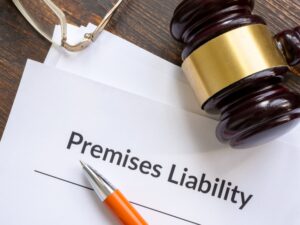 When you suffer harm on another’s property, you may face extensive injuries and a long road to recovery, along with serious financial burdens. For this reason, you might have a valid premises liability claim, through which you can pursue fair compensation for your injuries and losses.
When you suffer harm on another’s property, you may face extensive injuries and a long road to recovery, along with serious financial burdens. For this reason, you might have a valid premises liability claim, through which you can pursue fair compensation for your injuries and losses.
One of the questions most present in victims’ minds is, “How do you prove premises liability?” Depending on the circumstances of your situation, it can be challenging to successfully prove the cause of your injuries and establish liability. Nonetheless, a qualified Philadelphia premises liability attorney can protect your rights and help prove your case to get the most favorable result.
Get A Free Consultation Today!
What is Premises Liability?
First and foremost, it’s important to understand what premises liability is and how a premises liability claim can seek monetary recovery for you.
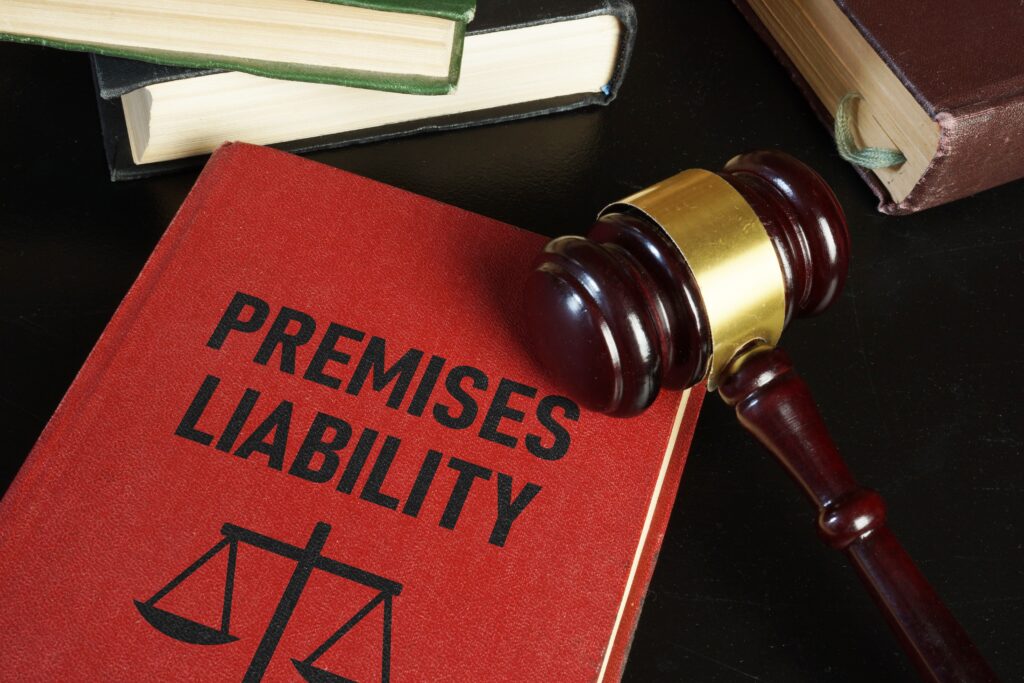
Premises liability law falls under the umbrella of tort law, or personal injury law. This area of law governs injury claims arising from accidents on another person’s property.
Property owners and occupiers are not liable for every injury that may occur on their property. However, in certain situations, they can be liable for the harm someone suffers due to negligent or intentional actions.
Under premises liability law, property owners and tenants have certain obligations toward their visitors. They can face liability when they don’t follow through with these obligations.
If you get hurt and want to take legal action, premises liability law is on your side.
Common Causes of Premises Liability Incidents
You can sustain injuries on someone’s property for a wide variety of reasons. The common causes of premises liability incidents include, but are not limited to:
- Wet, slippery floors
- Defective or missing hand and guardrails
- Inadequate security
- Poor lighting
- Broken or cracked flooring
- Wrinkled or lifted rugs and carpets
- Cluttered walkways
- Exposed electrical wiring
- Defective elevators and escalators
- Ceiling collapses
Determining the cause of your harm is one of the major parts of a premises liability claim. A skilled attorney can investigate to determine what caused your accident and who can be to blame.
Injuries Often Resulting from Premises Liability
Injuries resulting from premises liability incidents typically depend on the specifics of the accident. Common injuries include:
- Cuts and lacerations
- Broken bones
- Contusions
- Head and neck injuries
- Traumatic brain injuries (TBIs)
- Soft tissue injuries
- Spinal cord injuries
- Electrical injuries
- Facial injuries

In many cases, victims can recover from their injuries. Still, many victims are left to deal with the long-term consequences of their injuries, including chronic pain, nerve damage, and paralysis. In the most serious situations, victims succumb to their injuries.
Medical treatment for premises liability injuries can be particularly costly, especially if you’ve suffered extensive injuries. This is one of the primary reasons to file a premises liability claim, as your monetary recovery can help ensure you can afford your treatment without incurring additional financial burdens.
Fault for Premises Liability Accidents
The person responsible for causing your accident will also be financially liable to you for your resulting injuries.
In premises liability cases, the party in charge of the property can be at fault, which might include the owner or tenant renting the property. In some cases, multiple parties can be liable for your accident and injuries.
A premises liability lawyer can determine who’s responsible for the incident. Pinpointing who is at fault is critical to ensure you pursue justice from the right party.
Where Do Most Premises Liability Incidents Happen?
Premises liability accidents can happen just about anywhere. Some of the locations where premises liability accidents tend to happen most include:
- Hotels and resorts
- Apartment and office buildings
- Private residences
- Restaurants
- Grocery and retail stores
- Stadiums and arenas
- Amusement and water parks
- Parking lots and garages
It’s worth noting that a land owner or occupier may be liable for your injuries, whether the accident occurred inside or outside the property. Whether indoors or outdoors, the incident may be attributed to the responsible party’s failure to keep their property safe for others.
If you unexpectedly suffer harm on another’s property, regardless of the location, it’s worth discussing your case with a qualified premises liability attorney.
Proving Premises Liability
Most often, premises liability incidents are the result of someone’s negligence. Determining whether there is a valid claim for premises liability requires asking certain key questions. Based on the answers to these questions and state law, you can build your case to get yourself one step closer to fair compensation.
First and foremost, you must figure out whether the party in charge of the property, be it the owner, tenant, or manager, owed you a duty of care at the time of the incident. If they did owe you a duty of care and failed to act reasonably, the at-fault party can be deemed liable for your injuries.
Proving premises liability partly depends on your state's approach toward these types of claims. States either follow a status-based approach or a reasonable care approach to establish negligence for premises liability.
The Status-Based Approach
Some states follow the status-based approach. This requires examining the injured victim’s legal status on the property at the time of the incident. The specific duty a property owner owes depends on whether you are an invitee, a licensee, or a trespasser.
Invitees
An invitee is an individual “invited” onto the property, typically for business purposes. Common examples of invitees include patrons visiting a museum or shoppers at a grocery store.
Invitees are owed the highest duty of care. As an invitee, the property owner must fix, or at the very least warn, about dangers on the property they know or should have known about. Property owners have a duty to inspect their property to discover hazardous conditions.
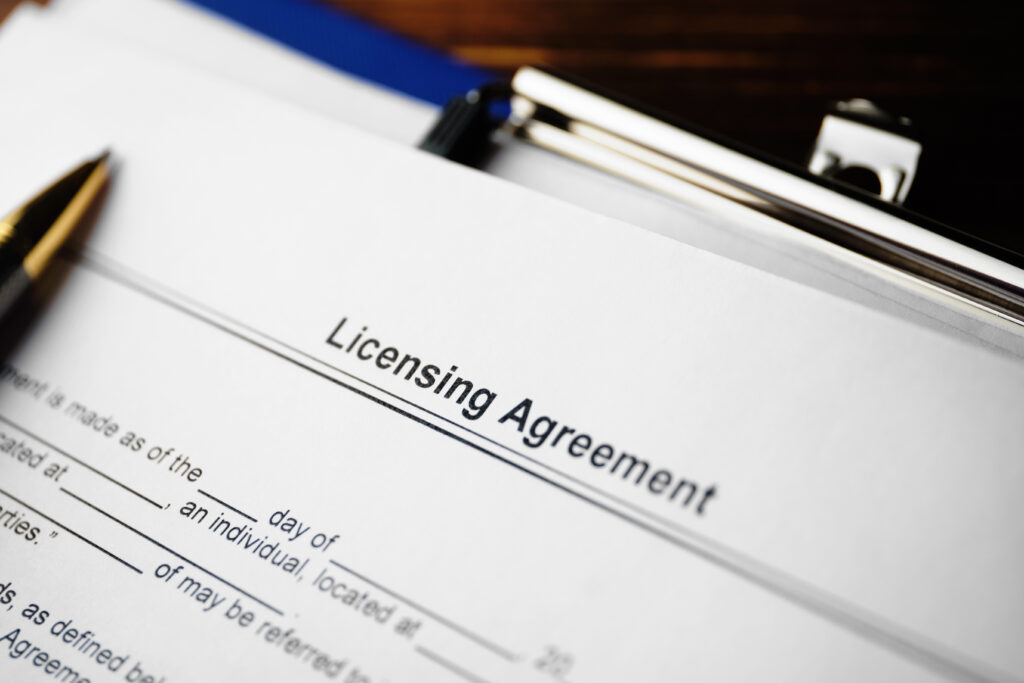
Licensees
A licensee is an individual the property owner permits to enter, like a social guest. Property owners owe licensees a more intermediate level of care, as they must warn licensees of dangerous conditions they know about and the licensees are unlikely to discover. Owners do not need to examine their property to discover defects.
Trespassers
Trespassers are those who enter another's property without permission. As a general rule, trespassers are not owed a duty of care like invitees and licensees.
Still, property owners cannot create dangerous conditions for trespassers, and under certain circumstances, they must actually warn about certain hazardous conditions, especially if the owner knows trespassers are entering the property.
The Reasonable Care Approach
Other states follow the reasonable care approach to prove premises liability. Under this approach, property owners owe a duty of reasonable care toward most who enter their property.
The reasonable care approach involves the property owner warning visitors about hazardous conditions on the property that are known or should be known with a thorough inspection of the premises, and also not easily discoverable by others.
Like the status-based approach, this doesn’t encompass the same duty of care owed to trespassers, although property owners still cannot intentionally create dangerous conditions for trespassers.
Children and Premises Liability
A special duty exists for children. Because children do not have the same cognitive abilities as adults, they cannot generally be held to the same standards as older individuals. Therefore, property owners must take special measures.
If a property owner or tenant knows children are trespassing onto their property or believes kids may come onto their land, they have a duty to take action and reduce the hazard. For example, if there is a swimming pool on the property, the owner can put a fence around it to prevent falls and drowning. This is known as the attractive nuisance doctrine.
Evidence to Help Prove Premises Liability
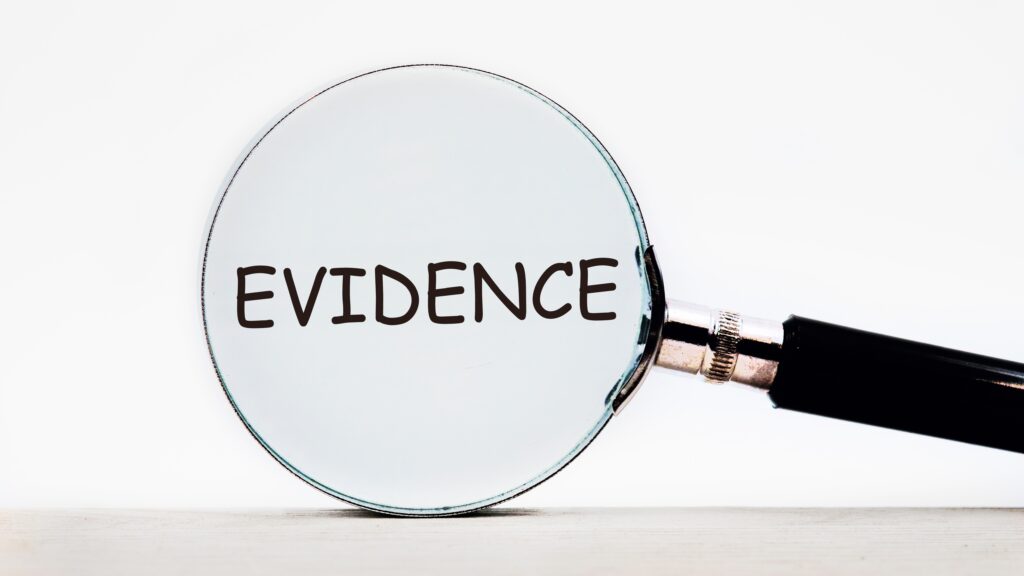
Evidence can significantly impact your premises liability claim and further substantiate your claims. Some of the evidence most commonly used in premises liability claims includes:
- Photos and videos: Visual evidence can help prove the dangerous condition existed and also act as proof of insufficient or missing warning signs.
- Witness statements: Individuals who witnessed the event can help corroborate your story and provide additional details for your case.
- Accident reports: Depending on the location of the event, the person responsible for the property may have filled out an accident report, including details about the incident and injuries sustained.
- Medical records: Medical records play a substantial role in premises liability claims, as they can help prove the severity of your injuries and the present and future impacts on your life.
Your premises liability lawyer can request and obtain evidence as it becomes available. Then, they can use the evidence to strengthen your case further and get you well on your way to beneficial monetary recovery.
Challenges that Often Arise When Trying to Prove Premises Liability
Like other types of cases, you may encounter some obstacles while trying to prove premises liability. Often, these challenges involve proving the property owner’s liability and disproving your own negligence.
Proving the property owner or tenant owed you a duty and failed to take reasonable care to fix or warn about the hazard can be harder than it seems. This is essentially the bread and butter of your case, as a case without proving negligence leaves you with little to work with.
Depending on the situation, you must show that the property owner or occupier knew about the dangerous condition or should have reasonably discovered it. Additionally, you must prove there was no warning, and the individual had a chance to remedy the issue but failed to do so.
Another significant challenge is proving you were not negligent in your accident. The other party and their insurer will try to limit their liability or shift liability entirely onto you, claiming you were partially or totally at fault for your accident and injuries. You’ll need to show you played no part in your accident and that the situation was out of your control.
Based on the situation and evidence available, your premises liability lawyer will need to build your case to successfully establish the other party’s liability and fight against any allegations you caused your own injuries.
Filing a Claim for Premises Liability
In most cases, you’ll have to deal with the at-fault party’s insurance and file an insurance claim for compensation. Depending on the location of your accident, you may file a claim with the property owner or tenant’s homeowner’s or renter’s insurance, or commercial liability insurers.
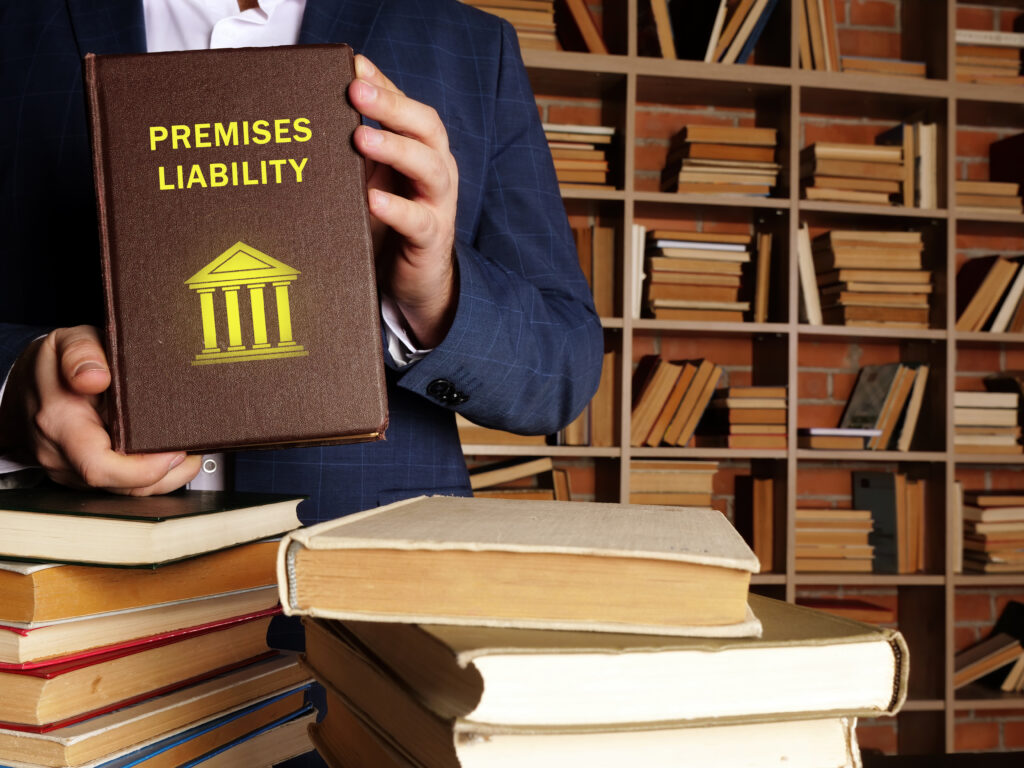
After filing your claim, the insurance company will investigate your case. If they approve your claim and make a settlement offer, you can accept it and resolve your claim. However, if the offer is less than your case is worth or the insurer denies your claim altogether, you may need to take further action and file a lawsuit.
Filing a personal injury lawsuit involves the court system, allowing you to continue your pursuit of fair compensation. Your case may settle during negotiation, but if it doesn’t, you can try your case in front of a judge. Fortunately, most personal injury cases settle without the need to go to trial.
Compensation for Premises Liability Cases
Damages in premises liability cases provide financial recovery for the economic and non-economic losses incurred as a result of your accident. These damages can include:
- Past and future medical expenses
- Lost income
- Diminished earning potential
- Pain and suffering
- Disability
- Permanent scarring
Your damages are case-specific and vary based on several factors, including the extent of your injuries and the total cost of your mental treatment. Calculating your damages is crucial to ensure you get the right amount of compensation to adequately cover your losses.
When to Consult with a Premises Liability Lawyer
Time is limited to take action after suffering injuries on another’s property. Depending on your state’s laws, the statute of limitations may only give you one to six years. Therefore, you should consult with an experienced premises liability attorney as quickly as possible after your accident.
Hiring a premises liability lawyer gives you the best chance of obtaining a just case result. These cases can be complex and stressful, but attorneys have the skills and resources to handle your case and assist in your pursuit of justice and monetary recovery.
